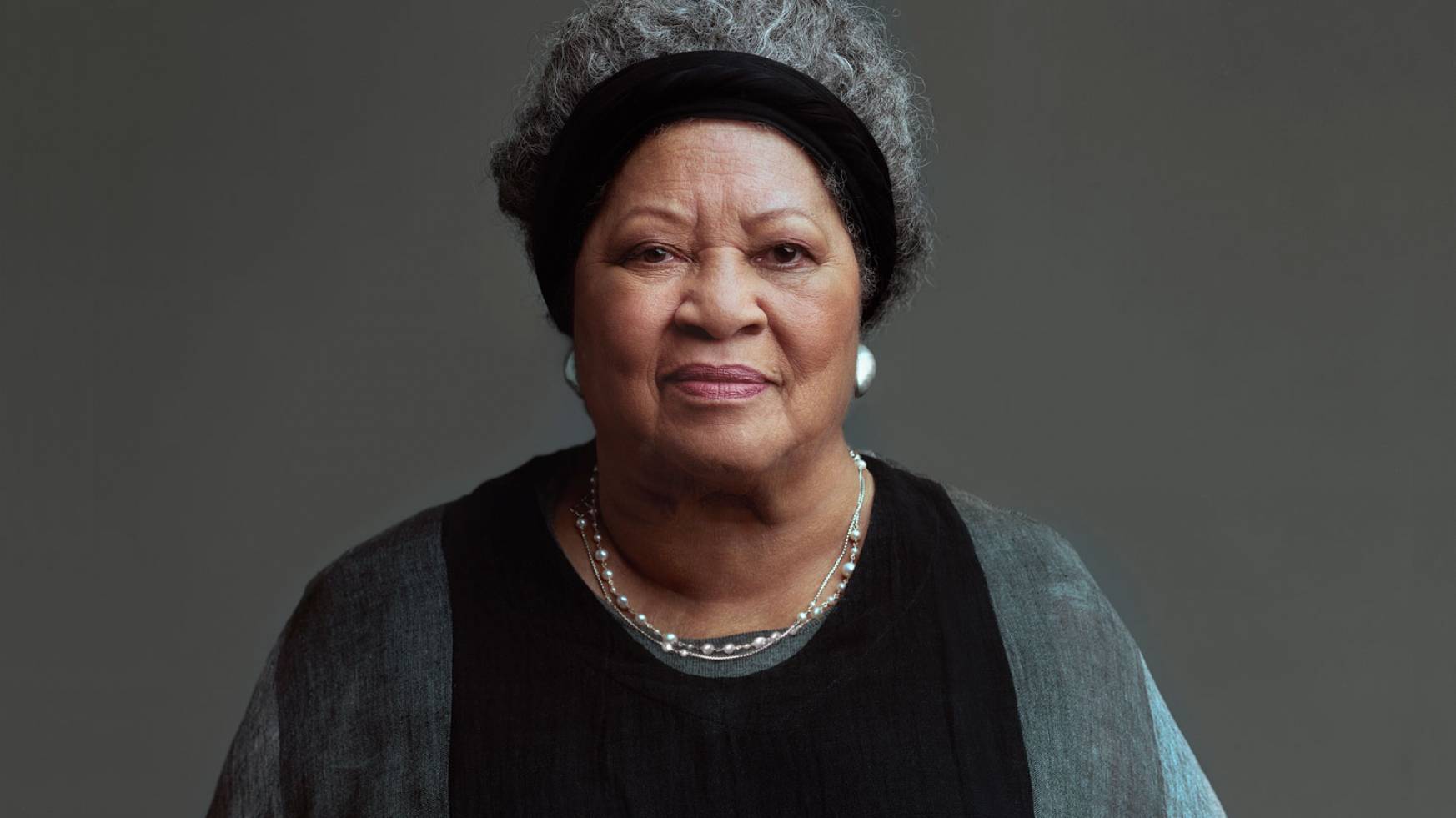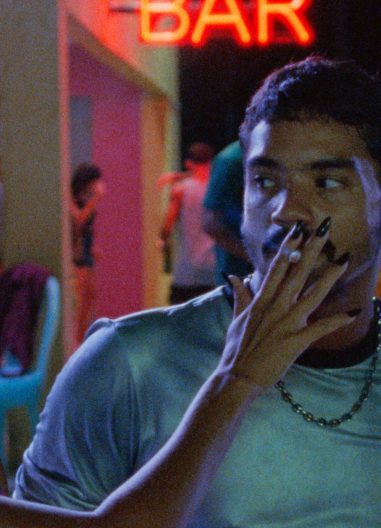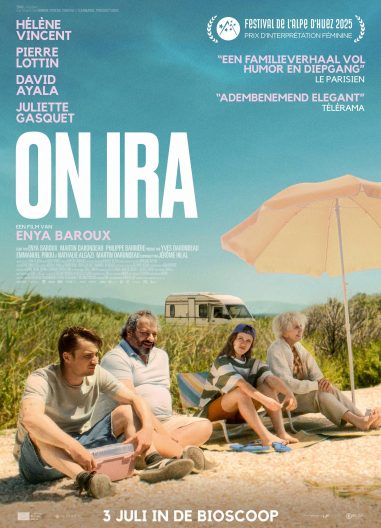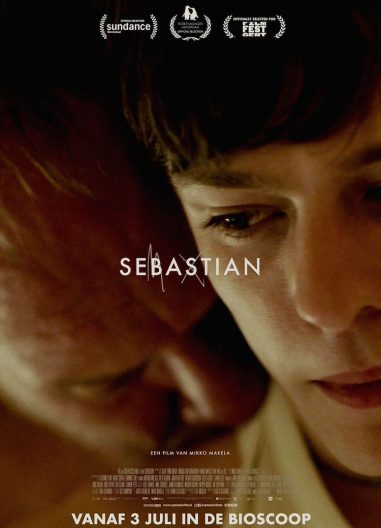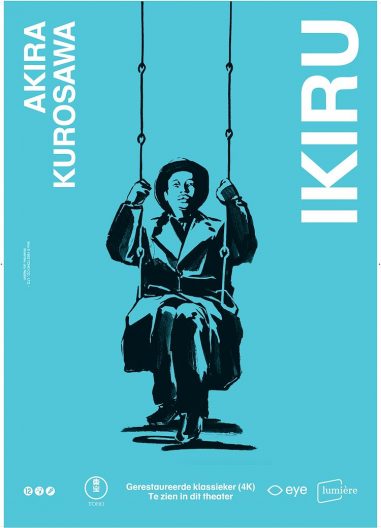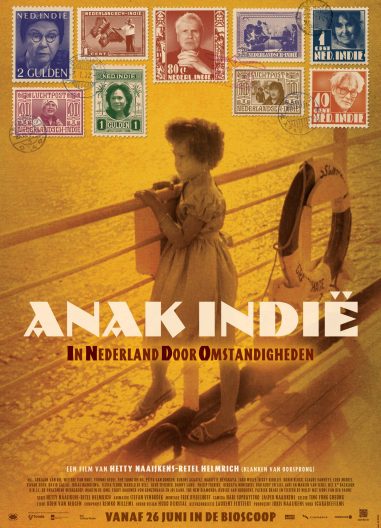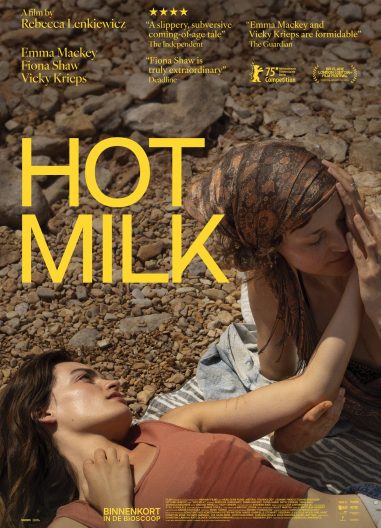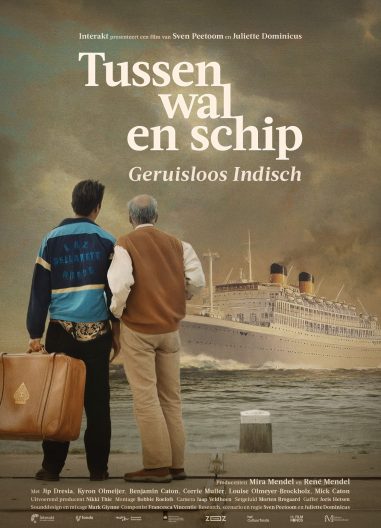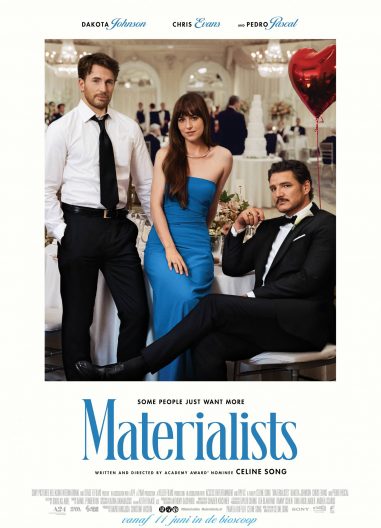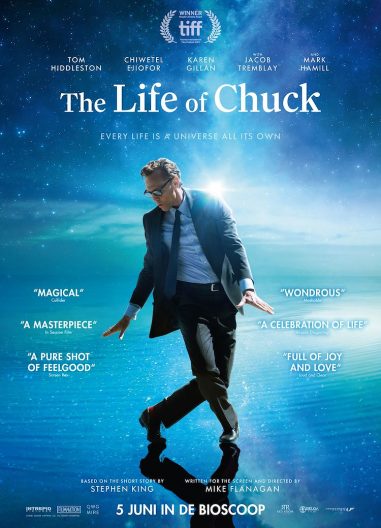Toni Morrison: The Pieces I Am
Toen de Amerikaanse schrijver Toni Morrison (1931-2019) leerde lezen en schrijven, was dat nog bepaald niet vanzelfsprekend voor een zwart meisje. Maar haar liefde voor taal en verhalen was groot en ze ontwikkelde zich achtereenvolgens tot docent, redacteur bij de invloedrijke uitgeverij Random House en schrijver van beroemde romans als The Bluest Eye, Song of Solomon en Beloved. Ze ontving in 1993 de Nobelprijs voor Literatuur.
Morrison gaf een geheel nieuwe betekenis aan het begrip “zwarte literatuur”. In het lange interview dat de rode draad vormt in dit filmportret, zegt ze: “I spent my entire writing life trying to make sure that the white gaze was not the dominant one in any of my books.” Haar werk bood ruimte aan eerder ongehoorde, zwarte perspectieven en verhalen, maar ging uiteindelijk ten diepste over ons mens-zijn. En daarmee inspireerde ze velen, zoals blijkt uit interviews met diverse Afro-Amerikaanse collega’s en cultuuriconen, onder wie Oprah Winfrey, Angela Davis en Walter Mosley.
Back when American author Toni Morrison (1931-2019) learned to read and write as a young girl, it was by no means a given for someone of her gender and skin color. But she had an immense love of language and storytelling. Starting her career in teaching, she became an editor at Random House, and then the author of famous novels such as The Bluest Eye, Song of Solomon and Beloved. She received the Nobel Prize in Literature in 1993.
Morrison gave a completely new meaning to the idea of “black literature.” In the long interview that forms the backbone of this film portrait, she says, “I spent my entire writing life trying to make sure that the white gaze was not the dominant one in any of my books.” While her work certainly gave space to previously unheard black perspectives and stories, it was ultimately concerned with the true nature of humanity. Her writing inspired many other people, as we discover in interviews with fellow African-American writers and cultural icons, including Oprah, Angela Davis and Walter Mosley.
Kies tijdstip
- filmspecial
Toen de Amerikaanse schrijver Toni Morrison (1931-2019) leerde lezen en schrijven, was dat nog bepaald niet vanzelfsprekend voor een zwart meisje. Maar haar liefde voor taal en verhalen was groot en ze ontwikkelde zich achtereenvolgens tot docent, redacteur bij de invloedrijke uitgeverij Random House en schrijver van beroemde romans als The Bluest Eye, Song of Solomon en Beloved. Ze ontving in 1993 de Nobelprijs voor Literatuur.
Morrison gaf een geheel nieuwe betekenis aan het begrip “zwarte literatuur”. In het lange interview dat de rode draad vormt in dit filmportret, zegt ze: “I spent my entire writing life trying to make sure that the white gaze was not the dominant one in any of my books.” Haar werk bood ruimte aan eerder ongehoorde, zwarte perspectieven en verhalen, maar ging uiteindelijk ten diepste over ons mens-zijn. En daarmee inspireerde ze velen, zoals blijkt uit interviews met diverse Afro-Amerikaanse collega’s en cultuuriconen, onder wie Oprah Winfrey, Angela Davis en Walter Mosley.
Back when American author Toni Morrison (1931-2019) learned to read and write as a young girl, it was by no means a given for someone of her gender and skin color. But she had an immense love of language and storytelling. Starting her career in teaching, she became an editor at Random House, and then the author of famous novels such as The Bluest Eye, Song of Solomon and Beloved. She received the Nobel Prize in Literature in 1993.
Morrison gave a completely new meaning to the idea of “black literature.” In the long interview that forms the backbone of this film portrait, she says, “I spent my entire writing life trying to make sure that the white gaze was not the dominant one in any of my books.” While her work certainly gave space to previously unheard black perspectives and stories, it was ultimately concerned with the true nature of humanity. Her writing inspired many other people, as we discover in interviews with fellow African-American writers and cultural icons, including Oprah, Angela Davis and Walter Mosley.

